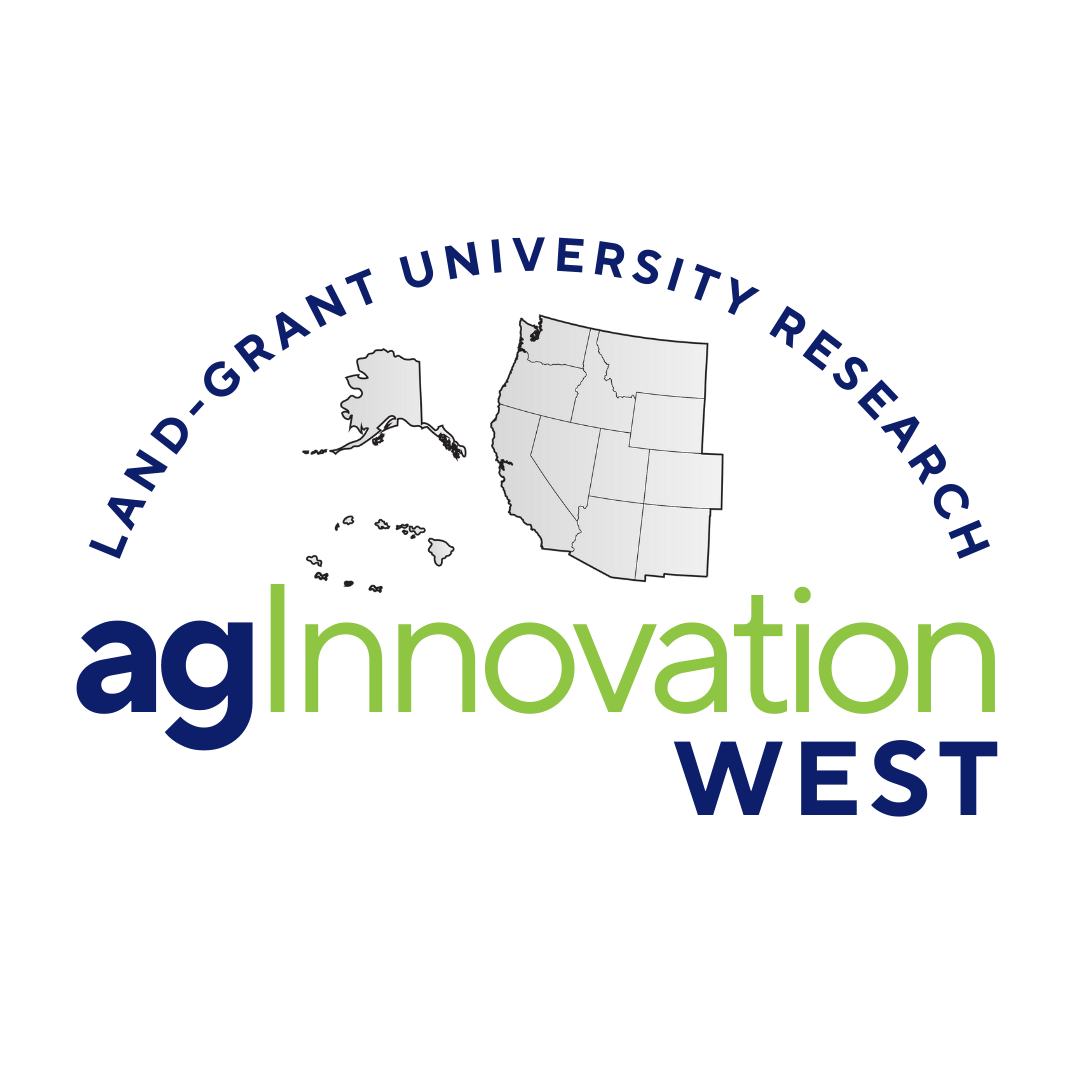
W505: Western States Algae Bioproducts and Biotechnology Initiative (WeSABBI)
(Multistate Research Project)
Status: Inactive/Terminating
Date of Annual Report: 05/26/2011
Report Information
Annual Meeting Dates: 03/31/2011
- 04/01/2011
Period the Report Covers: 10/01/2010 - 09/01/2011
Period the Report Covers: 10/01/2010 - 09/01/2011
Participants
See attached minutes.Brief Summary of Minutes
Discussion pointsGeneral issues facing researchers and industry
SWOT Analysis, including:
Opportunities:
" Increasing fossil fuel consumption and competition for limited energy resources.
" Global climate change due to anthropogenic greenhouse gas emissions.
" Increasing pressure on arable land for food production worldwide.
" Constraints on availability of critical resources such as land, water and phosphorous.
" Increasing animal/ aquaculture feed market needs around the world.
Challenges:
" Present cost of production of algae oil is estimated to be $30-60/gal.
" Almost every aspect of algae production needs improvements before commercially viable large scale production can be achieved.
" Many of the companies are working in these areas, however a lot of knowledge is proprietary and not a lot of information is available in public domain. It is important that land grant. Universities address this challenge and develop sustainable technologies that are economically viable.
Production systems/Test beds
Algae strains and nutrition
Processing technologies
Other issues that the Consortium should address
" Geographic location determines strains, products, process technology, i.e., Science (how, what and why).
" Comparative data within the capabilities
" Distributed farming
" Based on the discussions, three strains were chosen to be evaluated in the testbeds and demonstrate the process technologies (Table 1.). The main idea behind the selection of these strains is that these strains N. saline, Chlorella sp. And Cyanobacteria can be used to produce lipids, polysaccharides and high value neutraceuticals respectively. Since a lot of genetic efforts for these three strains has been accomplished, partial chemistry w.r.t the products from these strains is known. Additionally, these are the strains that have a reasonable potential for commercial success in near future. Presently, we do not have good grasp of the appropriate downstream technologies for these strains.
Meeting Outcomes:
1. One white paper (15-20 pages) on the research needs to make the algae biofuels techno-economically feasible in western US (in progress)
2. One collaborative proposal addressing the proposed research objective: Identify and demonstrate (10,000L scale) algae production, harvesting and processing technologies with a final cost of $4.00-10.00/gal algal oil (submitted pre-proposal in May 2011.
3. Another collaborative proposal to NSF EFRI on basic biology of algae for biofuels and bioproducts is in development.
Accomplishments
Videoconference and conference calls amongs potential team members to develop approaches and collaborations<br /> <br /> Algae Biotechnology and Biofuels Panel meeting at the December 2010 BIO Pacific Rim meeting in Hawaii<br /> <br /> Submitted Preproposal to 2011 BRDI call (CFDA #81.087)<br /> <br /> Preliminary draft of a group white paper in progress.Publications
At this time, none other than proposals.Impact Statements
- Proposal to BRDI looks at the full algae bioproduct value as well as analyses on sustainability and integration amongst different testbeds in different regions (geographic)
- Collaboration developed among seven Western states, 3 agencies, and 2 industry and 1 nonprofit partners.